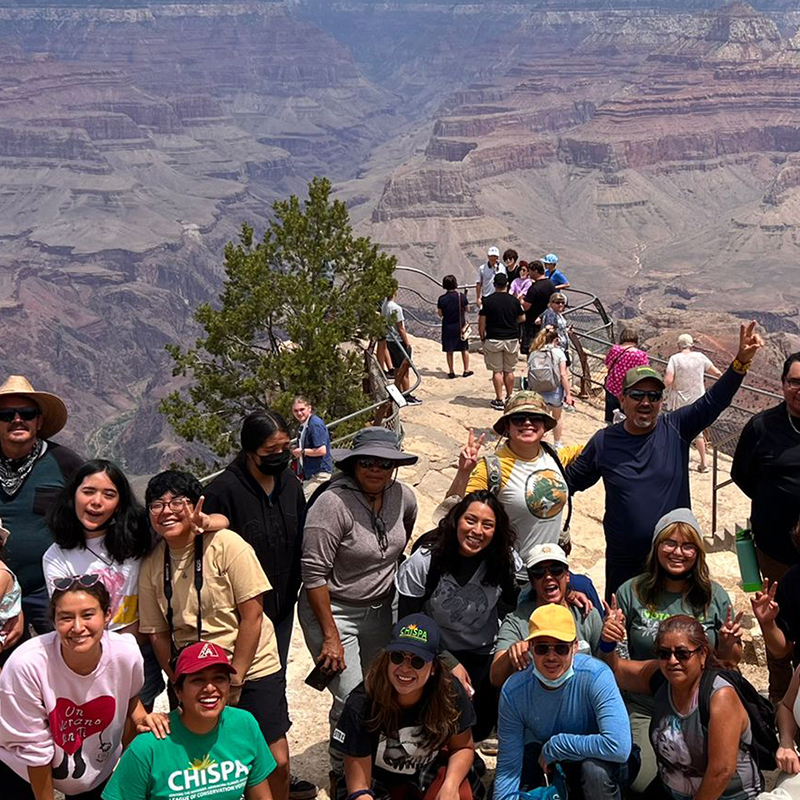Our country’s national parks, wildlife refuges, forests and other public lands are a popular source of pride for many people. Unfortunately, they are often inaccessible, unwelcoming, and exclude communities of color, disabled people, low-income communities, Indigenous tribes, and LGBTQ+ communities. LCV Education Fund seeks to tear down these barriers and create a welcoming, inclusive system of public lands through outreach and education.
National parks and other public lands don’t just protect nature; they also preserve and interpret our country’s history. The choice of whose history to preserve has not been equitable, resulting in a disproportionately low number (¼) of national parks and monuments that tell the stories of diverse communities. That is why LCV Education Fund focuses on increasing awareness and public support for public lands that tell a more complete story of the United States, like the Stonewall National Monument, Belmont-Paul Women’s Equality National Monument, and Birmingham Civil Rights National Monument.
We are also mindful that our public lands rightfully belong to Indigenous people and have been stewarded by them since time immemorial. We are committed to educating the public on Tribal Nations’ efforts to foster greater tribal sovereignty as well as co-management and co-stewardship arrangements for our public lands, such as the management structure established for the Bears Ears National Monument in Utah.

